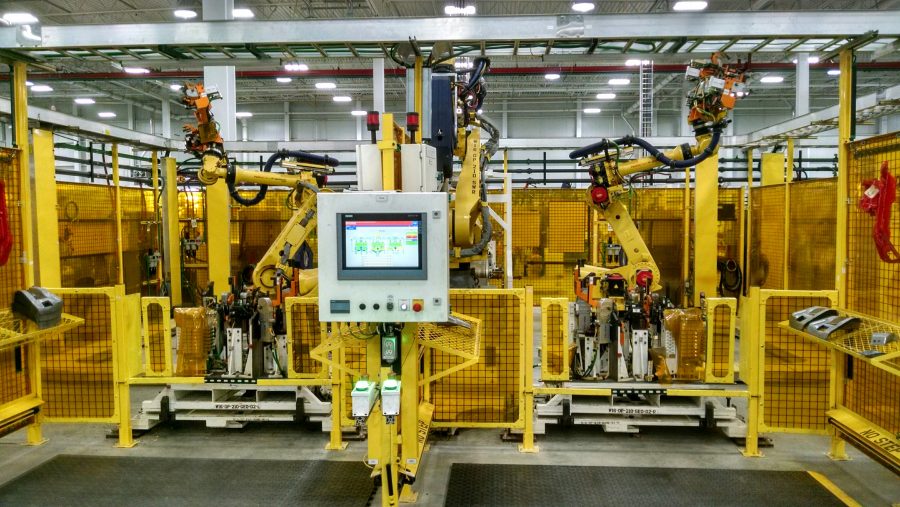Top executives in Canada’s automotive sector are calling on federal leaders to adopt a more ambitious and proactive industrial strategy as former U.S. President Donald Trump threatens to disrupt cross-border trade should he return to office in 2025.
In recent statements at the Canadian International AutoShow and through industry forums, senior leaders from companies like Magna International, Linamar, and the Canadian Vehicle Manufacturers’ Association (CVMA) voiced their concern over the rising protectionist rhetoric coming from the United States — particularly Trump’s threats to impose auto tariffs and renegotiate trade terms under the United States-Mexico-Canada Agreement (USMCA).
“Canada’s auto sector cannot afford to be reactive,” said Linda Hasenfratz, CEO of Linamar. “We need bold, strategic policy that secures our place in the North American supply chain and positions Canada as a global leader in electric vehicle production and innovation.”
Trump has hinted at steep tariffs on imported vehicles and parts if he wins the 2024 U.S. presidential election, a move that could deeply impact Canada’s auto sector, which is heavily integrated with U.S. assembly lines and distribution networks. With hundreds of thousands of Canadian jobs tied directly or indirectly to the automotive industry, the stakes are high.
The Canadian auto industry is urging the federal government to:
Accelerate support for EV and battery manufacturing projects
Invest in charging infrastructure and clean energy corridors
Strengthen domestic supply chains for critical minerals and components
Secure long-term trade commitments with the U.S. and Mexico
Brian Kingston, President and CEO of the CVMA, emphasized that now is the time for Ottawa to reinforce Canada’s automotive edge. “We have the talent, the technology, and the resources. But without assertive leadership and investment, we risk being sidelined by aggressive policies south of the border,” he said.
Recent investments in Ontario’s EV battery corridor — including deals with Stellantis, Volkswagen, and Honda — have demonstrated the sector’s potential. However, industry leaders argue that Canada needs to move faster and adopt a “whole-of-government” approach to industrial policy, similar to what the U.S. is doing under its Inflation Reduction Act and China under its industrial subsidies program.
The auto sector’s plea comes amid a broader conversation about how Canada can maintain competitiveness in a world increasingly defined by economic nationalism and green industrial transformation. With Trump openly questioning the value of multilateral trade agreements and threatening to upend long-standing alliances, Canadian manufacturers fear being caught in the crossfire.
“We need to act as though Trump will win,” said one unnamed executive. “Waiting until November 2024 is not a strategy. Building resilient, self-reliant infrastructure and supply chains in Canada is.”
Auto industry stakeholders are also seeking assurances that Ottawa will defend the USMCA and push back against any attempts by a future U.S. administration to undermine its terms.
As global trade policies shift and political uncertainty grows, Canada’s automotive sector is sending a clear message: ambition, speed, and a national vision are critical to preserving its economic future.
Stay tuned for further coverage on Canadian manufacturing, electric vehicle policy, and North American trade developments.
Source : Swifteradio.com


